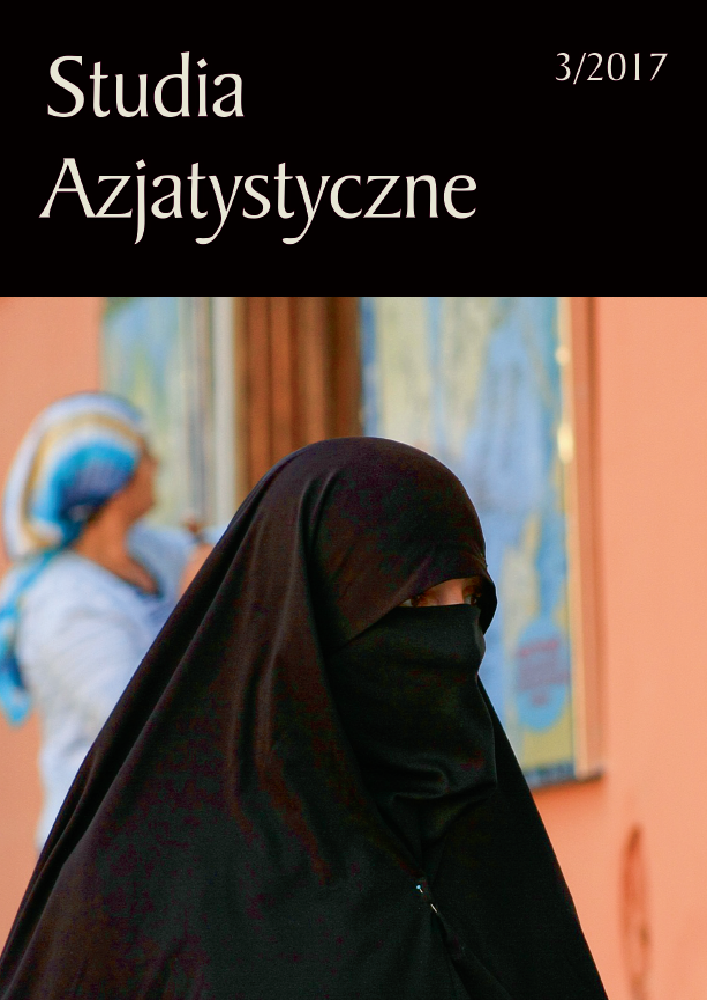Abstract
Tarkan Khatun was definitely one of the most powerful figures at the Seljuk court by the end of the 11th century. Born in an eminent Karakhanid house, the Turkish princess got down in the history as a talented politician and a skillful manipulator. She gained major power, surrounded herself with talented and ambitious advisors and, furthermore, she challenged the mighty vizier Nizam Al-Mulk. Tarkan’s involvement in organizing the assassination of an old advisor of her husband sultan Malikshah still remains quite mysterious and questionable, however some sources connect her to this affair. Tarkan lost three of her four children. Her two sons, Dawud and Ahmad, died at a young age. Her daughter, Mahmalak, has wed the Abbasid Caliph Al Muqtadi but this unhappy marriage culminated in a premature death of the young princess. No wonder that later on Tarkan gave all of her attention and energy to ensure safety and succession of her youngest son, Mahmud,. Consequently, in 1092, after the mysterious death of her husband, she took part in “a game of thrones” of Great Seljuks which, as a result, plunged the whole Near East into chaos for the next three years. Her struggles, which were not always successful, caused Tarkan’s grief. Ambitious Karakhanid succumbed to illness - the same one that later took away her last son. However, Tarkan was ahead of her times. The status that she has gained in the misogynistic society of the Muslim East definitely deserves our respect and appreciation.
References
Abu al-Fida. 1999. Al-Muhtasar f ahbar al-basar. Al-Qahira: Dar al-Macarif.
Al-Husayni. 2011. The History of the Seljuq State. A translation of the
Akhbar al-dawla al-saljuqiyya. Tłum. Clifford Edmund Bosworth. New York: Routledge.
Barthold, Wasilij. 1928. Turkestan Down to the Mongol Invasion. London: Oxford University Press.
Basan, Osman A. 2010. The Great Seljuqs. A History. Richmond: Routledge.
Bosworth, Clifford E. 1968. The Political and Dynastic History of the Iranian World (A.D. 1000-1217): John Andrew Boyle (red.). The
Cambridge History of Iran. Vol. 5. Cambridge: Cambridge University Press, 1-203.
Dabashi, Hamid. 1999. Truth and Narrative: Thoughts of cAyn al-Qudat al-Hamadhani. Richmond: Routledge.
Davidovich, Elena A. 1998. The Karakhanids: C. E. Bosworth (red.).
History of Civilizations of Central Asia. Vol. 4. Part I. Paris: UNESCO Publishing, 119-145.
Hillenbrand, Carole. 1988. 1092: A Murderous Year: Alexander Fodor (red.). Proceedings of the 14th Congress of the Union européenne des arabisants et islamisants. Part 2. Budapest: Eotvos Lorand University Chair for Arabic Studies. Csoma de Koros Society Section for Islamic Studies, 281-296.
Hillenbrand, Carole. 2003. Women in the Seljuq Period: Guity Nashat, Lois Beck (red.). Women in Iran from the Rise of Islam to 1800. Chicago: University of Illinois Press, 103-117.
Ibn al-Atir. 1994. Al-Kamil f i at-tarih. Bayrüt: Dâr Ihyâ% at-Turât alcArabï.
Ibn Katïr. 1996. Al-Bidaya wa an-nihaya. Dimasq: Dâr al-Fikr.
Ibn Khallikan. 1845. Biographical Dictionary. Tłum. William MacGuckin de Slane. Paris: Oriental Translation Fund of Great Britain and Ireland.
Klausner, Carla L. 1973. The Seljuk Vezirate. A Study of Civil Administration 1055-1194. Cambridge: Harvard University Press.
Matthew of Edessa. 1993. Armenia and the Crusades. Tenth to Twelfth Centuries. Chronicle of Matthew of Edessa. Tłum. Ara Edmond Dostourian. New York: University Press of America.
Nishâpürï. 2001. The History of the Seljuq Turks from the Jamic al-Tawarikh. An Ilkhanid Adaptation of the Saljüq-Nâma of Zahir al-Din
Nishâpürï. Tłum. Kenneth Allin Luther. Richmond: Routledge.
Nizam al-Mulk. 1978. The Book of Government of Rules for Kings. Tłum. Hubert Drake. London: Routledge.
Peacock, Andrew C. S. 2015. The Great Seljuk Empire. Edinburgh: Edinburgh University Press.
Rapaport, Yossef. 2005. Marriage, Money and Divorce in Medieval Islamic Society. Cambridge: Cambridge University Press.
Safi, Omid. 2006. The Politics of Knowledge in Premodern Islam. Chapell Hill: University of North Carolina.
License

Ten utwór jest dostępny na licencji Creative Commons Uznanie autorstwa 4.0 Międzynarodowe.
